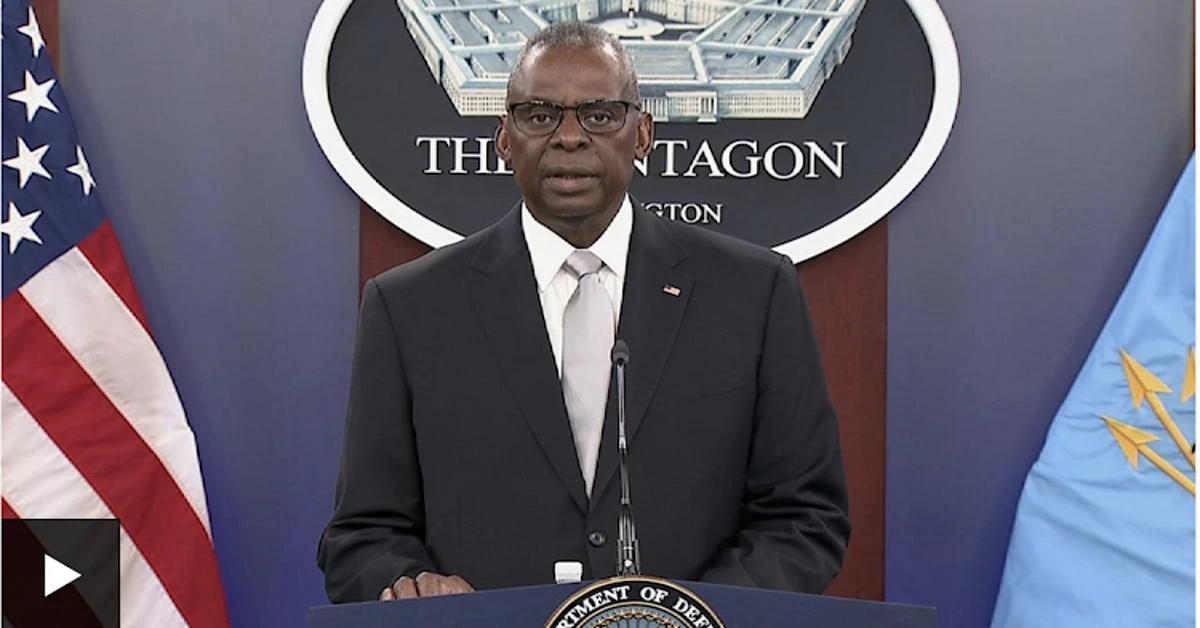Defense Secretary Austin delegates duties amid hospital admission

The duties of Defense Secretary Lloyd Austin were transferred to his deputy as he was hospitalized for treatment related to an urgent bladder problem, according to the Pentagon
U.S. Defense Secretary Lloyd Austin delegated his responsibilities to his deputy as he was admitted to the hospital for treatment related to an urgent bladder issue, as per the Pentagon.
Deputy Secretary of Defense Kathleen Hicks assumed the duties of the top position at the Pentagon just before 5 p.m., according to a statement from Maj. Gen. Pat Ryder, the Pentagon press secretary. The White House, the chairman of the joint chiefs of staff, and Congress were all informed.
The swift notification of Austin’s hospital visit – within three hours of his admission –followed the defense secretary’s acknowledgment of shortcomings in notifying the administration and the public about his previous hospitalization.
Austin was taken to Walter Reed National Military Medical Center around 2:20 p.m., Ryder stated. The duration of Austin’s stay at the hospital was not disclosed by the press secretary.
“We will provide an update on Secretary Austin’s condition as soon as possible,” Ryder added.
Austin brought unclassified and classified communications systems necessary for his duties to the hospital.
In early December, Austin was diagnosed with prostate cancer and underwent a procedure to address it on Dec. 22, requiring general anesthesia and an overnight stay at Walter Reed. He returned to the hospital on New Year’s Day due to complications from the procedure.
Austin’s unpublicized hospitalization, which was not disclosed to the media or top government officials for several days, raised significant concerns about transparency within the administration. Republicans criticized the Pentagon’s handling of Austin’s illness, and the defense secretary is set to testify before the House Armed Services Committee at the end of the month regarding the failure to notify key government leaders.
After spending two weeks in the hospital, Austin worked from home for an additional two weeks as he continued to recover.
During his first news conference since his hospitalization on Feb. 1, Austin admitted that his handling of the diagnosis and hospitalization was a mistake.
“We did not handle this right, and I did not handle this right. I should have told the president about my cancer diagnosis. I should have also told my team and the American public. And I take full responsibility. I apologize to my teammates and to the American people,” Austin stated.
Last week, the Office of the Secretary of Defense completed a 30-day review of the notification procedures surrounding a transfer of responsibilities.
During a news briefing on Thursday, Ryder mentioned that Austin has received the review and is examining it. Ryder also noted that much of the review is classified, but the Pentagon will strive to disclose as much as possible.
“We remain committed to being as transparent as possible about the review, and we’ll have more information once the secretary’s review is complete,” Ryder stated.
Source: Newsroom



